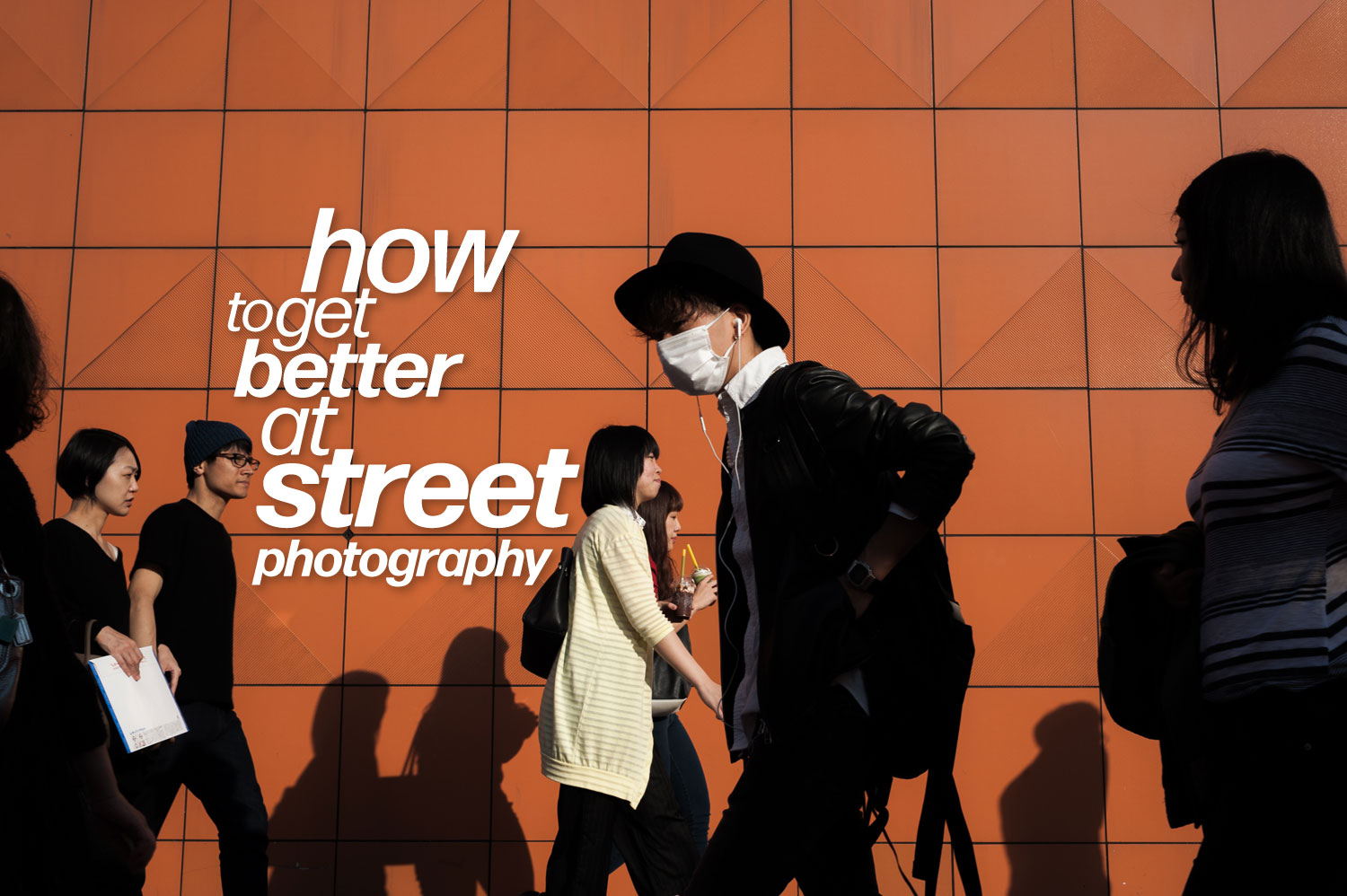Maybe a better question is: “how should you get your colors?” But more on that later. First, I have to explain my thought process when it comes to color, as it underscores my entire approach. If you just want to jump into the specific things that I do, just watch this video: 7 Tips for Editing Color Photos.
Read More10 Photographic Fallacies
Over the years, I’ve encountered some ideas about photography—call them ‘beliefs’—that I find hold little truth. In some cases, it might be too strong to call them outright fallacies, as they come from a place of good intentions. However, they can lead to misunderstanding of the details because these fallacious beliefs lack nuance. They are traps for newbie and experienced photographers alike because they limit critical thinking and sound decision-making. And so, I would like to explore these fallacies one by one, and present alternative lines of reasoning to help you avoid the traps!
Read MoreStreet Photography YouTube Channel Update
For the past couple months I’ve been working along with the some friends to create a series of videos which are meant to be a sort of tutorial into my style of photography. Currently, they focus on street photography, but we will cover more topics soon!
The videos demonstrate the creative process and technical details of various photos that I’ve taken around Tokyo. Also, they should provide a glimpse into our teaching style at EYExplore, which should be useful for those of you who are interested in joining a workshop.
But the main purpose of this YouTube channel is to get photographers thinking outside the box, or at the very least, differently than they usually do, about their photography. My goal is to spur your creativity and provide you with ideas for ways to shoot that you may not have come across before. Think of these street photography tutorial videos as prompts for getting you out there and challenging your eye!
How to Get Better at Street Photography
It goes without saying that if you want to get better at something you have to practice. Simple, right? The thing is, that unlike more structured pursuits such as sports or music, the idea of practicing street photography seems a bit hard to wrap one’s head around. But before we get into that, we should establish the best methodology for practice in in general.
Read MoreOptimizing Your Night Street Photography
Ah, the night, what a wonderful time to go out and do some street photography! As a photographer who got his start in the streets of Tokyo, it was inevitable that I would end up photographing mostly at night. To me, the city becomes its ‘true self’ when the sun sets, and the artificial lights come on and illuminate the metropolis. But let’s save my romanticism for another time. I hope to share with you my methodology, some tips and tricks, for night street photography. First off, please don’t expect any magic tips or secrets. I keep my photographic approach pretty simple, but fundamentals used well lead to great photography!
Read MoreBeyond Mere Composition in Photography
There is a wealth of information on the internet about composition—endless blog posts about visual rules, geometrical concepts, and photos with all kinds of lines and shapes drawn over them to the prove the point. But all of this information focuses on the ‘what’ of composition rather than the ‘why.’ A photographer must stop and ask themselves: ‘why even bother following visual rules?’
Read MoreA Video Tutorial + A Word on What's to Come
So, I’ve been long dormant on my own persona blog. It’s not that I’m not busy—EYExplore, the company which I have been running for the past 4 years, hase been growing and maturing steadily. Our photography workshops have multiplied and improved. And we have taken on a few auteur photographers to create unique and personal photo adventures for us. Finally, we have expanded to our first overseas location in London. How exciting!
Read MorePositivity in Street Photography
These days, when I’m leading street photography workshops people often ask me: "what if someone gets angry when I take their picture?"
It’s an interesting question based on two assumptions. The obvious assumption is that people are likely to get angry when being photographed. The less obvious one is that people have a good reason to get angry—that being photographed in public is something to get angry about.
Read More





